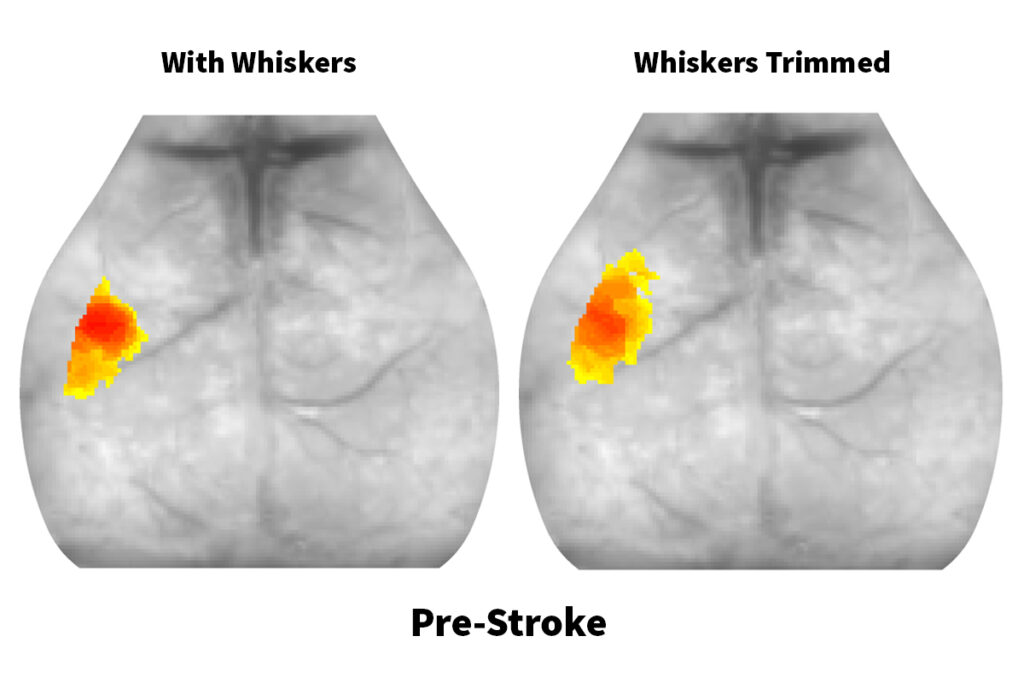Temporarily shutting off neuronal signals to a healthy part of the brain may aid stroke recovery, according to new research in mice.
The findings, from researchers at Washington University School of Medicine in St. Louis, are published Jan. 31 in Science Translational Medicine.
